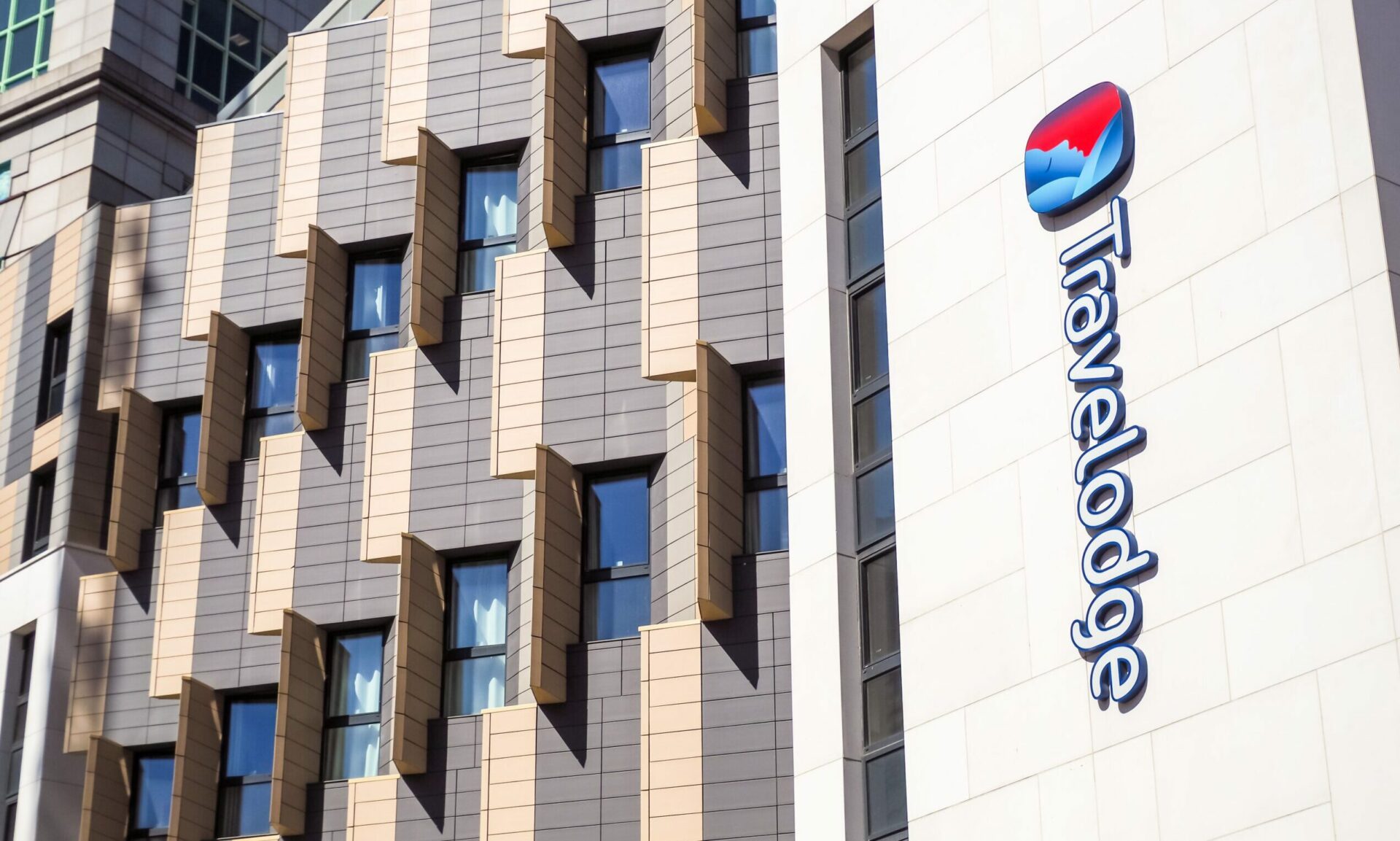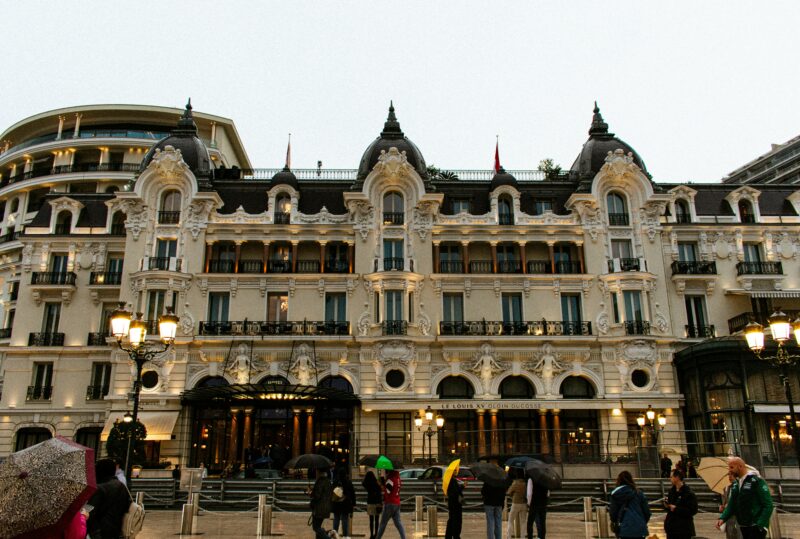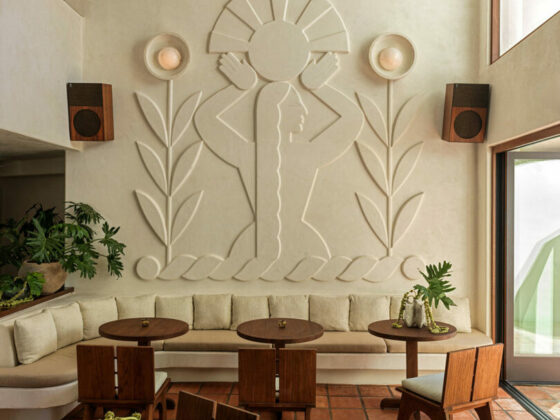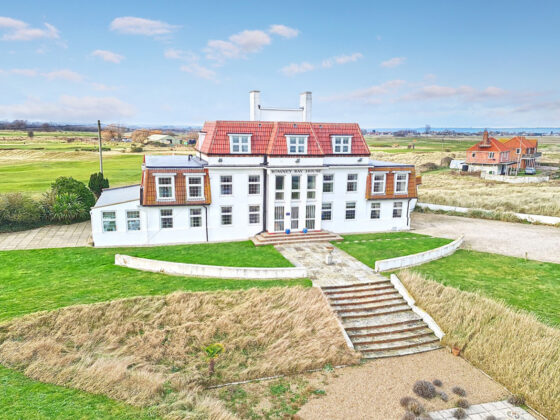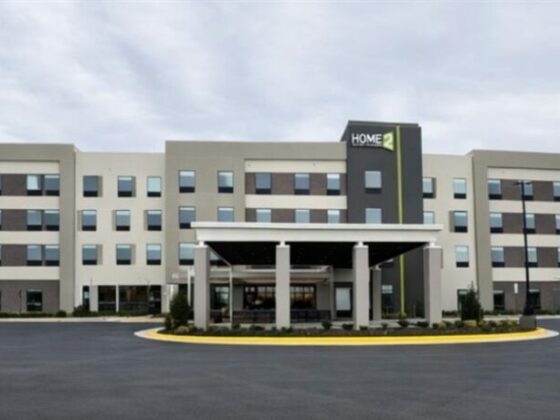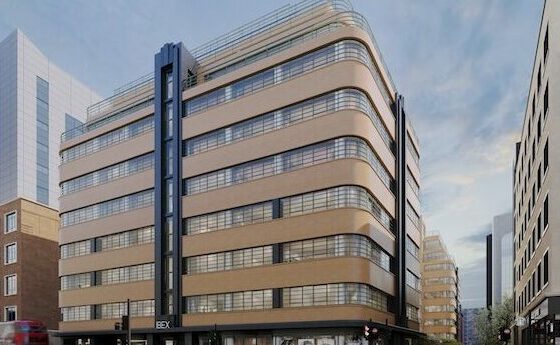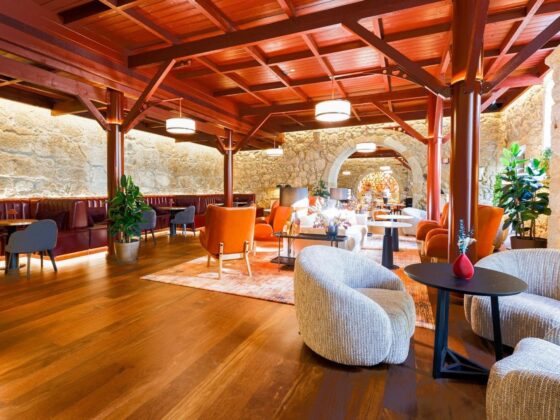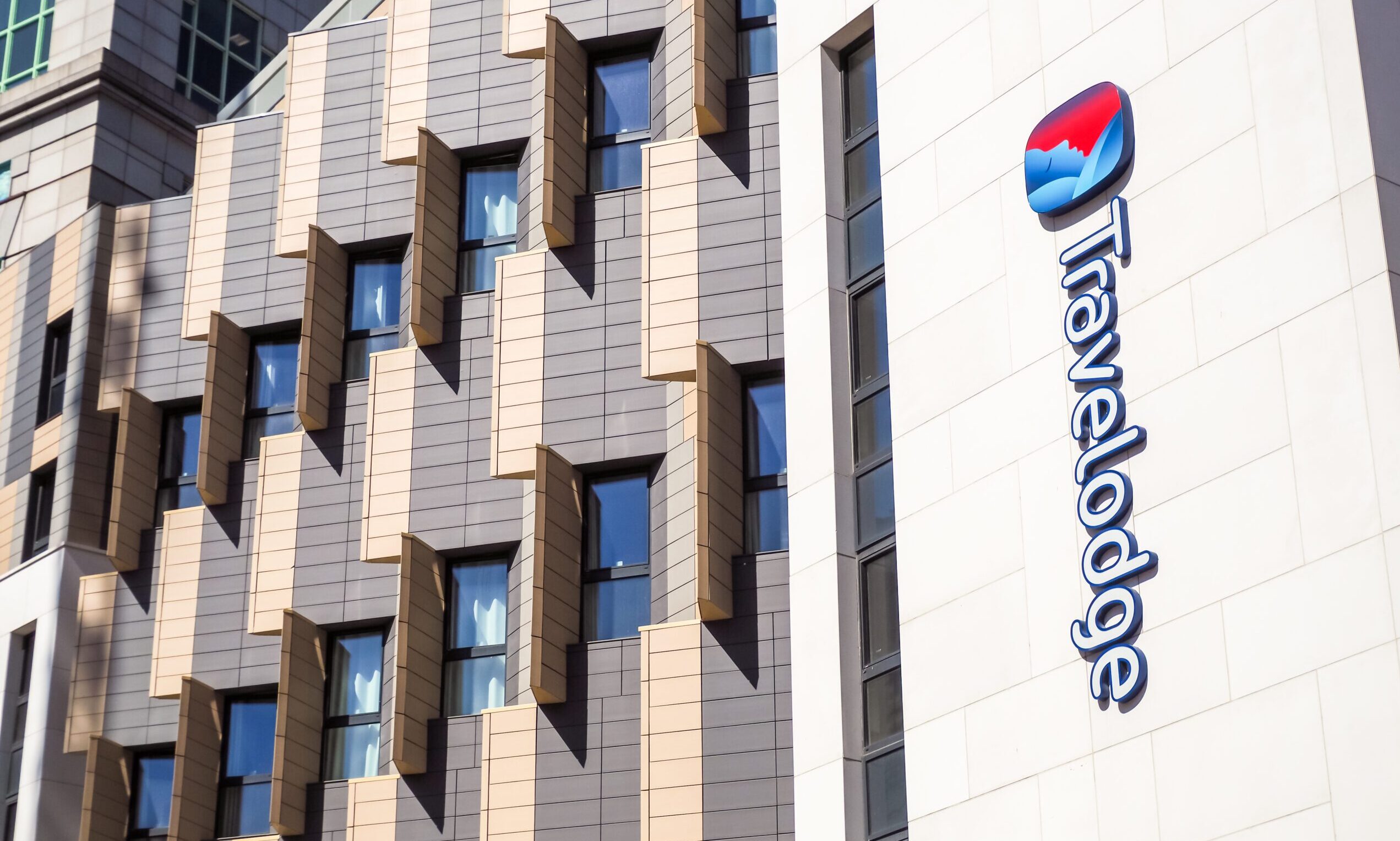
Travelodge has reported year-to-date revenues of £783.2m for the nine months to 30 September, which was broadly flat on last year as a weaker first half offset improved trading in recent months.
However, the budget hotel chain returned to quarterly revenue and profit growth in the third quarter as it was supported by stronger UK market conditions and continued expansion across its estate.
Story Stream:
More on Travelodge
Year-to-date adjusted earnings fell to £140.2m from £171.7m amid cost pressures in the first half, including higher wage and insurance costs. The group said its performance in the third quarter was in line with expectations, with contributions from new and maturing hotels, a continued uplift in F&B sales, and strong trading in Spain.
The business faced around £30m of cost inflation year-to-date, including higher National Living Wage and National Insurance outlays, alongside rising rent costs linked to upwards-only rent reviews.
Travelodge also reported resilient demand from leisure and corporate guests across the UK, supported by major events including the Oasis reunion, Coldplay at Wembley, the Women’s Rugby World Cup Final, the British Grand Prix and the Goodwood Festival of Speed. Occupancy in London and the regions remained strong, while corporate demand was aided by conferences such as Defence and Security Equipment International in London.
The group opened 21 UK hotels so far this year, its largest development programme in more than a decade. These included freehold rebrand acquisitions, new leasehold sites and leasehold rebrands across London, regional cities and major leisure destinations. Traditional UK leasehold development remains constrained by real-estate market conditions, with six new leaseholds targeted for 2026.
Its Spanish business continued to outperform, with revenue up 17% year-to-date and EBITDA rising to £2.8m. Two new freehold hotels in Bilbao and Madrid are scheduled to open in 2026 and 2027.
The company also announced a board change, with Stephen Shurrock appointed chair. He replaces Martin Robinson, who is stepping down after four and a half years.
Looking ahead, Travelodge expects further cost pressures in 2026. Increases to the National Living Wage, employer National Insurance changes, and the forthcoming business rates revaluation are forecast to raise costs, though the full impact is not yet clear. The introduction of visitor levies in parts of the UK is also expected to add to cost burdens, with varying local schemes creating uncertainty for operators.
Despite these pressures, the group said it remains confident in medium-term growth prospects, citing strong brand recognition, a direct distribution model and a positive supply backdrop for budget hotels.
Jo Boydell, chief executive of Travelodge, said: “We saw good leisure demand around major events… On the business travel side, key conferences and exhibitions also boosted performance.
“We have made excellent progress on our largest development programme in over a decade,” highlighting new openings across the UK and strong growth in Spain.”
She added: “We are encouraged by positive trading momentum in the fourth quarter, with total revenue to date c.4% ahead of 2024, however, we note the usual limited visibility.”
